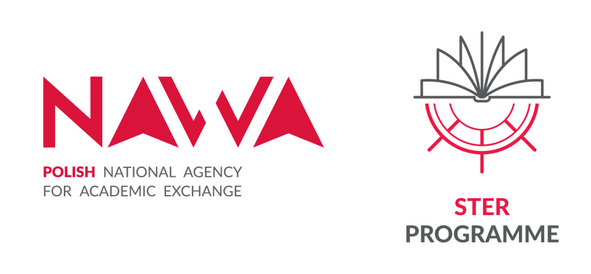The research in this area is mostly realized at the Department of Pharmaceutical Technology and Biochemistry of the Faculty of Chemistry, and include the following experimental research:
1. Synthesis and evaluation of new anticancer agents
- rational design of new anticancer agents, particularly substances potentially affecting new molecular targets in cancer cells – e.g. telomerase;
- synthesis and evaluation of the anticancer potential of new acridine derivatives;
- development of anticancer drugs delivery platforms based on nanoparticles as well as quantum dots (QDs);
- determination of modes of action of newly produced anticancer agents at the molecular and cellular level.
2. Investigation of new potential antifungals
- modification of structures of conventional antifungals (azoles, polyenes, flucytosine) towards the production of agents that characterize with higher therapeutic potential, higher selectivity index and/or overcoming mechanisms of resistance;
- design, synthesis and assessment of antifungal activity of new derivatives of acridines/acridones and conjugates of these substances with peptides;
- optimization of biotechnological production and purification of macrolide antifungal antibiotics;
- investigation of virulence of fungal pathogens and efficiency of antifungal agents with Galleria mellonella larvae as in vivo model.
3. Investigation of antifungal potential of selected natural products (bee propolis and essential oils) and their components
- screening for products that exhibit high antifungal activity;
- identification of chemical components of selected natural products that are responsible for antifungal effect;
- development of extraction and purification of active compounds;
- investigation of interactions of natural products (active ingredients) with classical antifungals;
- investigation of the antifungal mechanisms of natural products (active ingredients) in relation to the cell wall, cell membrane, drug transporters, biofilm formation and the process of phenotypic switching;
- synthesis derivatives of active compounds (e.g. conjugates with cell-penetrating peptides) with the aim of improvement of their antifungal potential (e.g. enhancing fungal cell permeability and water solubility).
The research is performed under the supervision of highly qualified specialists in well-equipped laboratories.


